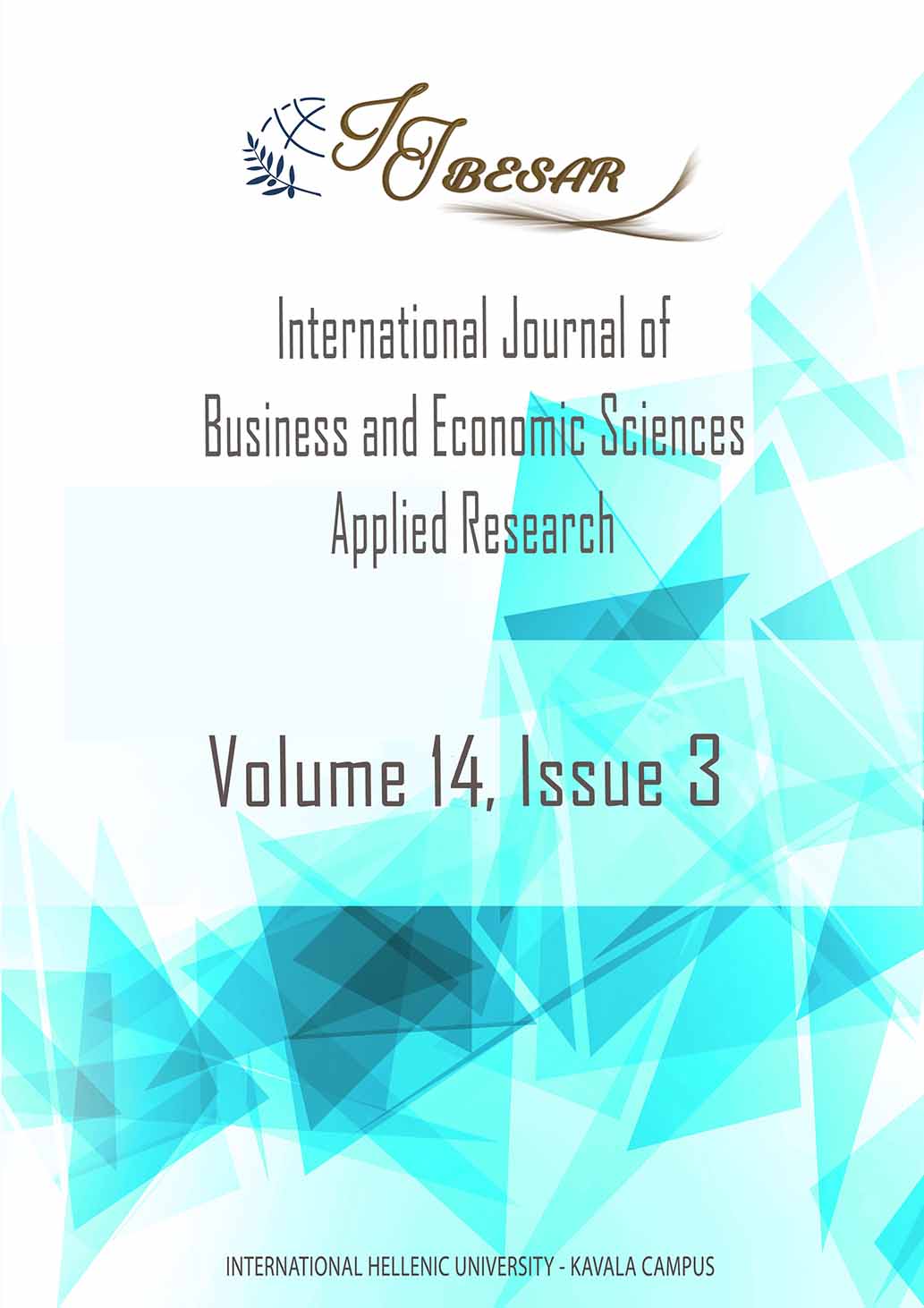Was the Great Depression of 1929 Harsher than the Greek Depression?
Was the Great Depression of 1929 Harsher than the Greek Depression?
Author(s): Pantelis Sklias, Spyros Roukanas, Georgios GalatsidasSubject(s): Economy, Supranational / Global Economy, International relations/trade, Socio-Economic Research
Published by: Τεχνολογικό Εκπαιδευτικό Ίδρυμα Ανατολικής Μακεδονίας και Θράκης
Keywords: International Political Economy; Economic crisis effects; Economic recession; Public debt crisis; Fiscal crises; Effects of the crisis on the Greek economy;
Summary/Abstract: Purpose: This paper is an analysis based on the comparison of the Greek Depression with the Great Depression of 1929 in the US. Design/methodology/approach: This analysis does neither focus on the pre-crisis period, nor on the manifestation of the crisis or the structural problems and economic policies that rendered the Greek economy vulnerable when the financial turmoil broke out. An entire decade has passed since the onset of the crisis, and various policies have been implemented, with explicitly stated goals and specific results. A clear distinction is made between these two periods, which appear to be relatively independent. The causes of the crisis itself are different than the causes that turned the crisis into a prolonged depression with irreversible consequences for the economy and the society. Finding: The comparison of the two crises on the basis of their effects on the real economy demonstrates that the Greek crisis had harsher consequences than the US crisis, taking into account its impact on key macroeconomic aggregates such as the income loss, the duration of the depression, the unemployment, the stock market index. Research limitations/implications: This paper takes into account that Greece is a member state of Eurozone, on the other hand U.S.A had an autonomous monetary policy during the Great Depression. Originality/value: The stubborn implementation of the “bailout” programme for the Greek economy not only has failed to produce the expected results as regards the debt and the deficits, but has also had devastating effects on the real economy. In addition, we ought to focus on the lack of national planning and a carefully planned actual and sustainable development of the real economy and, by extension, economic growth.
Journal: International Journal of Business and Economic Sciences Applied Research (IJBESAR)
- Issue Year: 14/2021
- Issue No: 3
- Page Range: 35-59
- Page Count: 25
- Language: English

